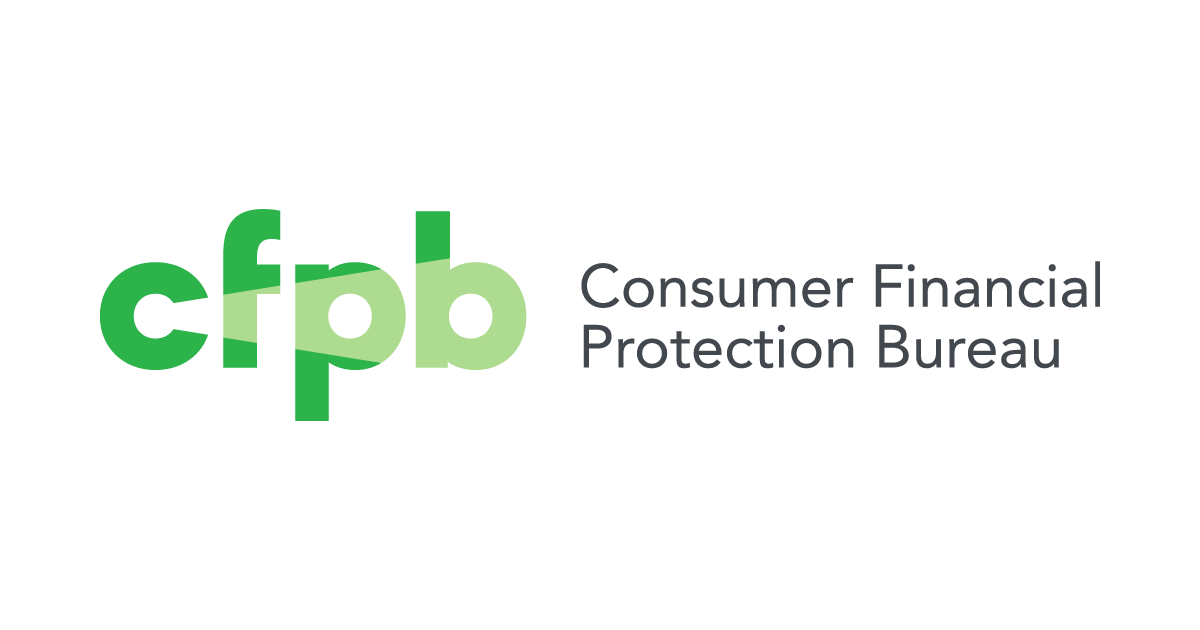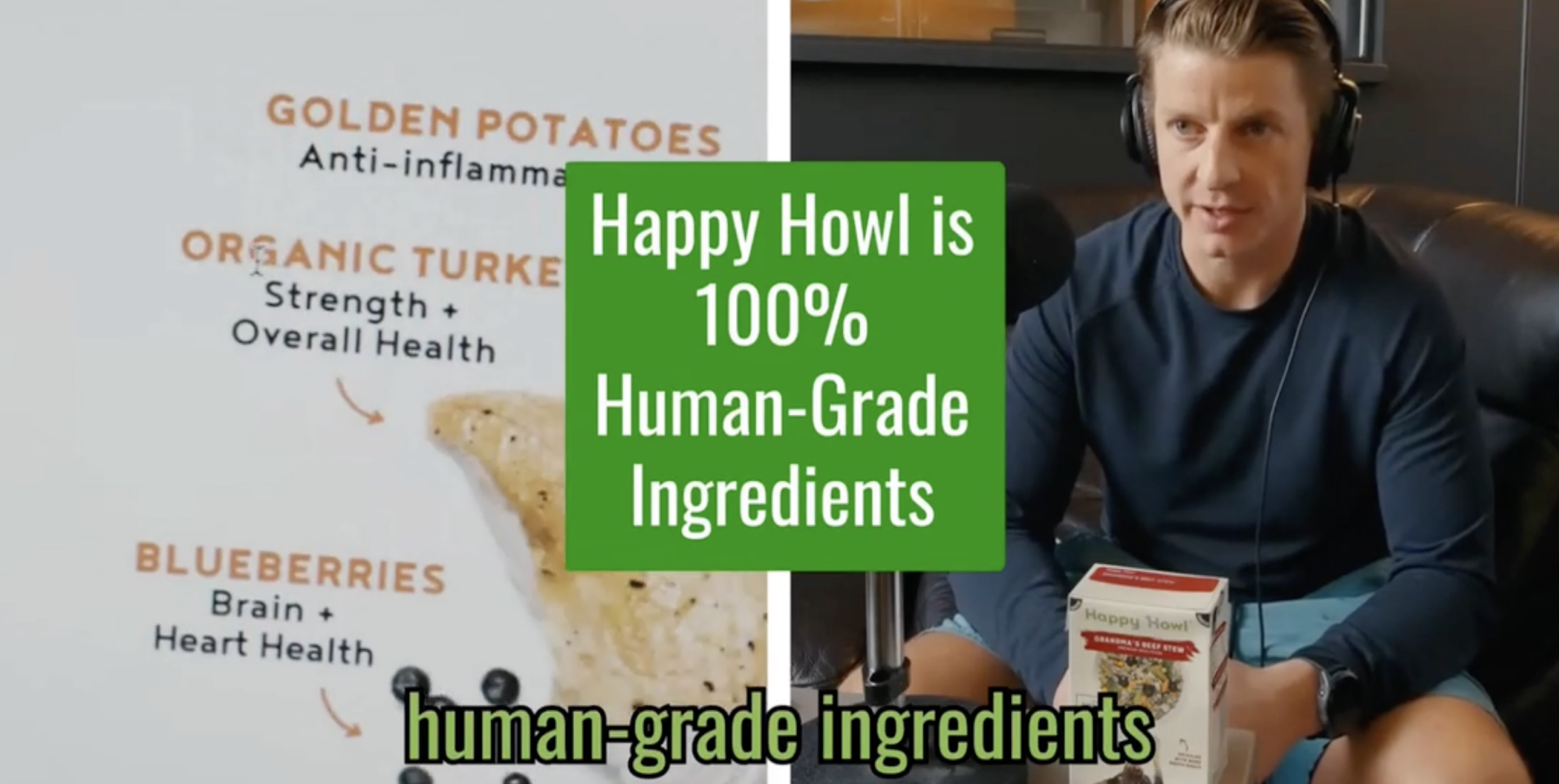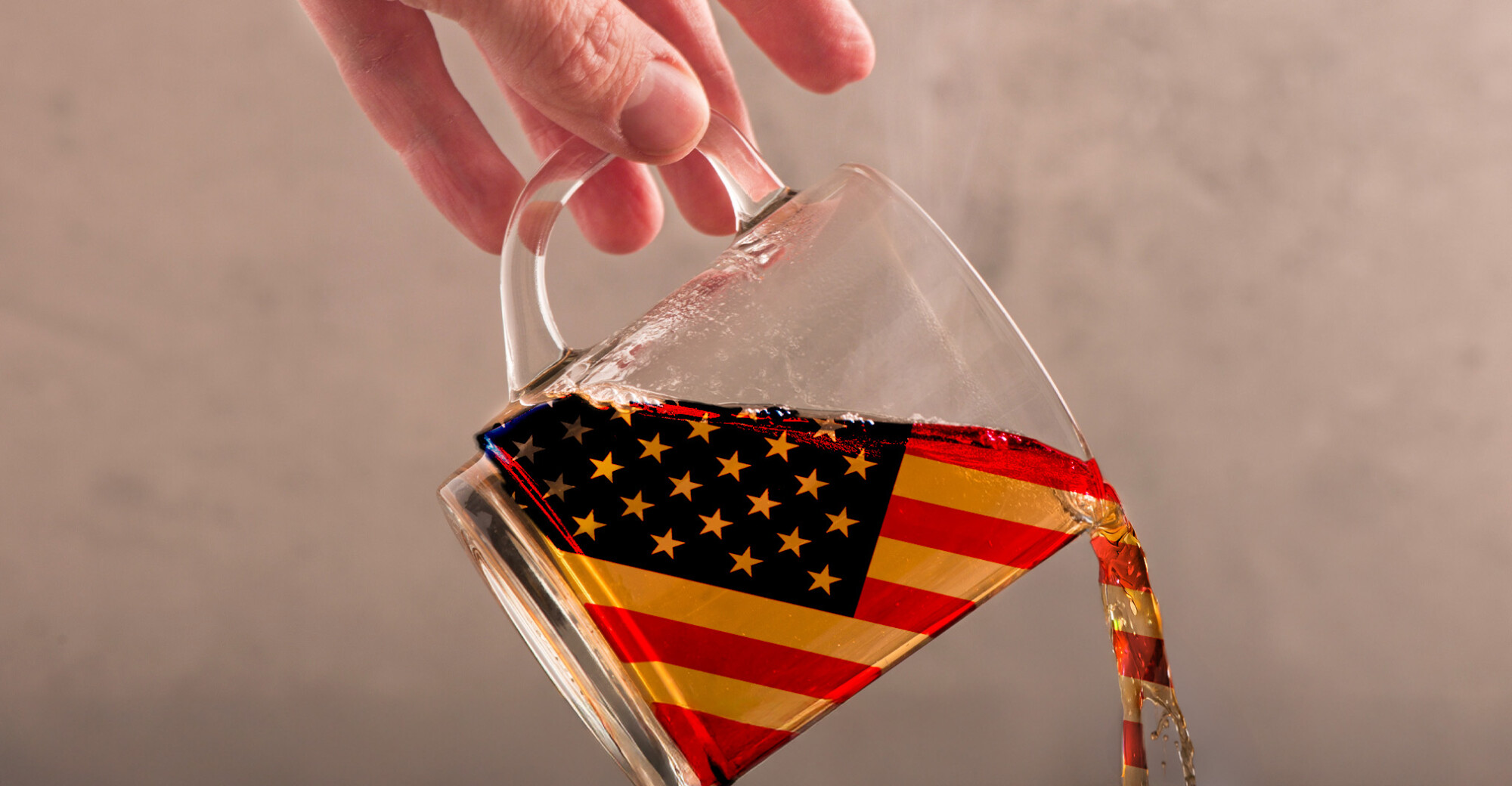
CATrends: Deceptive ‘Plant-Based’ Claims
A deceptive marketing trend takes root.
June 2017: A federal judge granted partial summary judgment for the injunctive relief class claims concluding that these claims were moot because the company removed “100% Natural” claims from its advertising. Plaintiffs’ individual claims for damages remain.
September 2015: A federal judge certified the class for injunctive relief but did not certify the damages class.
March 2014: A Consolidated Class Action Complaint making similar allegations (i.e., that the company markets products as natural when they contain unnatural ingredients and contaminants) was filed.
February 2014: This case was consolidated with another case, Trevino v. The Hain Celestial Group.
November 2013: A class-action lawsuit was filed against The Hain Celestial Group, Inc. claiming that the company falsely advertises various Celestial Seasonings teas. Specifically, plaintiffs claim the company advertises that its tea products – including Sleepytime Herbal Tea, Sleepytime Kids Goodnight Grape, and several flavors of green tea – are “100% natural” when, according to plaintiffs, the products are not natural and contain contaminants like pesticides, herbicides, insecticides, and toxins. (Von Slomski et al v. The Hain Celestial Group, Case No. 13-cv-01757, C. D. CA.).
For more information about other class-action lawsuits filed against The Hain Celestial Group, Inc. and TINA.org’s coverage of the company, click here.
A deceptive marketing trend takes root.
Legislators should protect the work of the Consumer Financial Protection Bureau.
What does “human-grade” dog food actually mean?
The statement, “Manufactured in the USA 100%,” had appeared on product packaging.
E.J. Schultz, Ad Age



